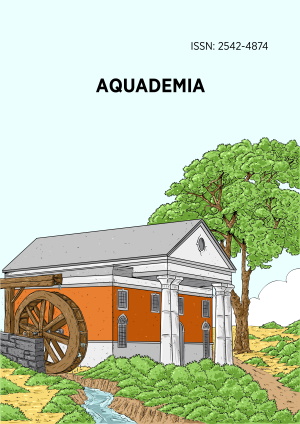Abstract
The purpose of the study was to determine the influence of cognitive factors (knowledge and attitudes) on the practice of students towards the environment. In the study four research questions were raised and one was hypothesized. A quantitative research with descriptive approach was utilized in the study. The population of the study comprised of 15,116 students in senior secondary schools two in Benin metropolis, Nigeria (private, state and Federal Government owned secondary schools). The sample size for the study was 255 students selected using multi-stage sampling technique. The techniques used were clusters, convenience and systematic random sampling techniques. The instrument for the study was a modified questionnaire with standard items that has been used for previous student environmental related studies. It was discovered in the study that majority of the respondents had low knowledge of waste disposal, wildlife conservation and green energy but they had high knowledge toward pollution control. It was also seen that most of the respondents had positive attitude towards the environment but indicated that they engage in unfriendly environmental practices. However, a hierarchical multiple regression revealed that the respondents knowledge and attitude did not significantly predict their environmental practices. Based on the low knowledge and poor environmental practices of the respondents, it was recommended that environmental education should be given priority in Nigeria educational system because without an environmentally smarter next generation policy makers, entrepreneurs and consumers, environmentally sustainable practices will be obsolete or given little priority.
License
This is an open access article distributed under the Creative Commons Attribution License which permits unrestricted use, distribution, and reproduction in any medium, provided the original work is properly cited.
Article Type: Research Article
AQUADEMIA, Volume 4, Issue 1, 2020, Article No: ep20013
https://doi.org/10.29333/aquademia/8224
Publication date: 30 Apr 2020
Article Views: 3021
Article Downloads: 1838
Open Access References How to cite this article
 Full Text (PDF)
Full Text (PDF)